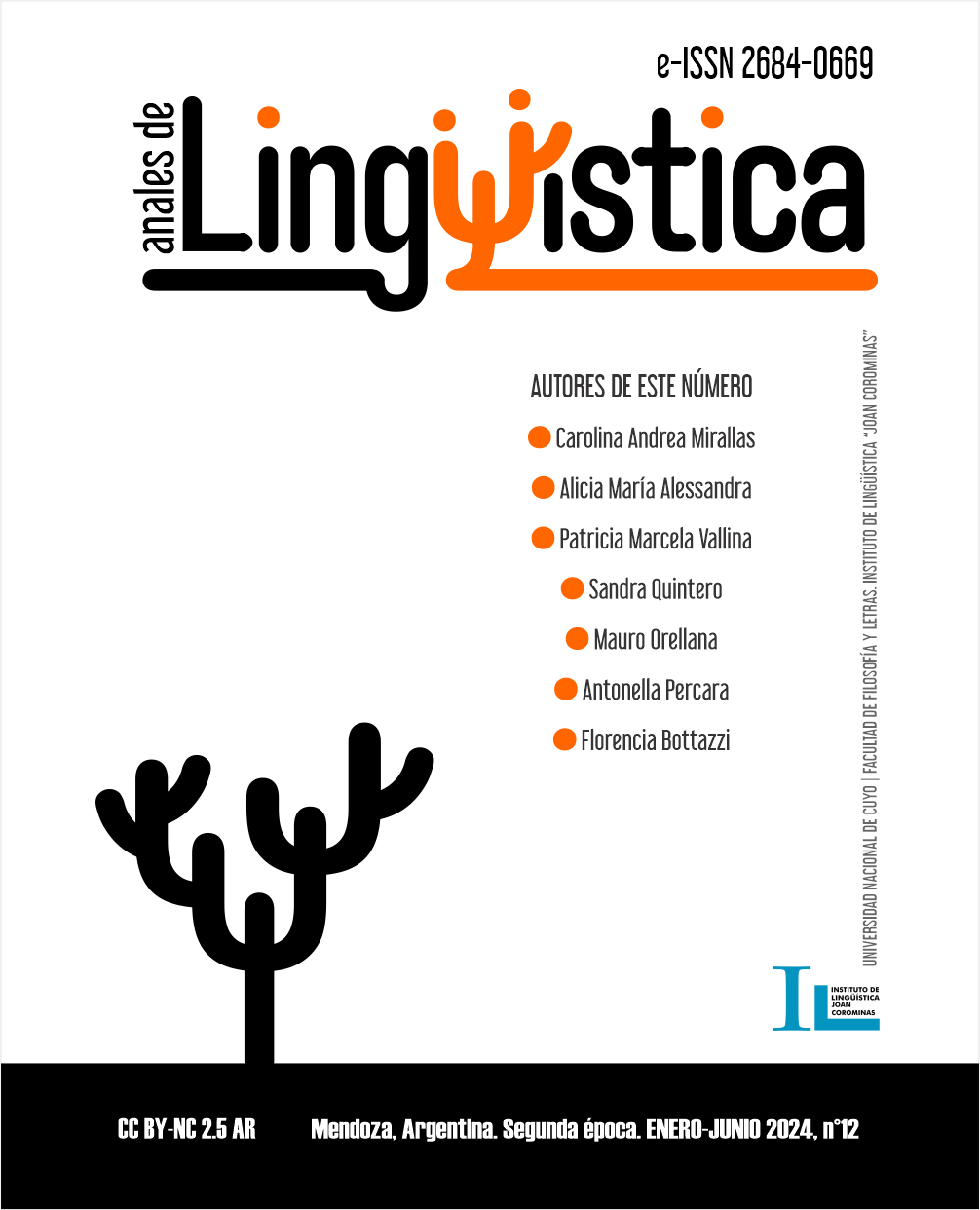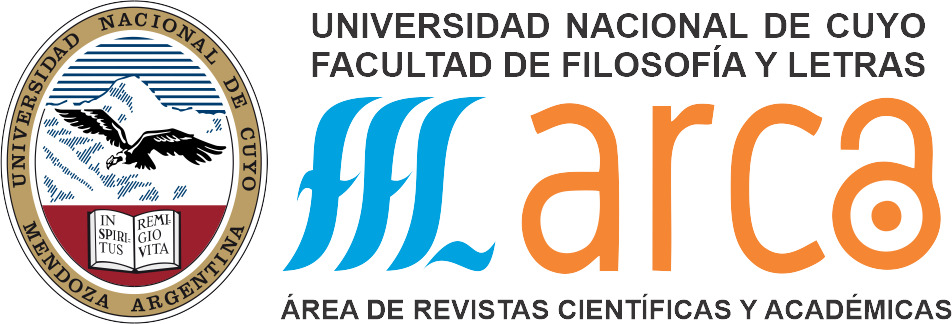Venturing into Research
An Attempt at Approaching Sociolinguistics in an English Teacher Education Programme
Keywords:
sociolinguistic approach, sociolinguistic exercise, pre-service teachers, English teacher training programAbstract
This article presents a didactic experience framed within a linguistics course taught in English at a university-level English teacher education programme. One of the modules in the curriculum includes an approach to sociolinguistics, and it is from this branch of linguistics that students are encouraged to reflect on the language they are studying and will eventually teach. The course aims for students to achieve a higher level of development in both the functional use of the foreign language and competencies related to their professional work through familiarisation with sociolinguistics and initiation into research in this field. To achieve this, students engage in a sociolinguistic exercise with the objectives of mastering some terminological nuances within the discipline, recognising sociolinguistic aspects within the context of their English teacher education programme as a discourse community, collecting data, analysing them using specific methods and techniques, and sharing the results of their work and experiences. This results in instances of presentation and debate in which students analyse linguistic uses and situations they encounter as students and which they will face during their roles as teachers. The purpose of this article is to share the previously described didactic experience, with the intention that it can be used as a reference or replicated, allowing for adaptations and improvements in different contexts.
References
Ayora Esteban, M.C. (2017). La competencia sociolingüística y los componentes culturales dentro del proceso de enseñanza-aprendizaje del español en un contexto de submersión lingüística. Pragmalingüística, 25, 31-49.
https://revistas.uca.es/index.php/pragma/article/view/3667
Canale, M. y Swain, M. (1980). Theoretical bases of communicative approaches to second language teaching and testing. Applied Linguistics, 1(1), 1-47.
Fernández Sanmartín, A., García Salido, M., Recalde, M., y Vázquez Rozas, V. (2008). Reflexiones metodologías sobre la técnica de la entrevista semidirigida. Comunicación presentada en el XV 105 Congreso de la Asociación de Lingüística y Filología de América Latina. ALFAL. https://investigacion.usc.gal/documentos/6124ea6015cff5474de99ef3?lang=es
Hymes, D. H. (1972). On communicative competence. En J. B. Pride y J. Holmes (Eds.), Sociolinguistics (pp. 269-293). Penguin.
Labov, W. y Gómez B., J. M. (1981). El estudio del lenguaje en su contexto social. Forma y Función, 1, 55–64.
https://revistas.unal.edu.co/index.php/formayfuncion/article/view/29460
Longarela Ares, A., y Rodríguez-Padín, R. (2023). Aprendizaje colaborativo, learning-by-doing y evaluación entre pares en educación superior. EDUCA International Journal, 2(3), 275-298. https://doi.org/10.55040/educa.v3i2.66
Moreno, F. (1998). Principios de sociolingüística y sociología del lenguaje. Ariel.
Roselló Verdeguer, J. (2021). Metodología sociolingüística y enseñanza de ELE. Revista de Didáctica Español Lengua Extranjera, 33.
https://www.redalyc.org/journal/921/92167147004/html/
Tagliamonte, S. A. (2006). Analysing sociolinguistic variation. CUP.
Tudela Capdevila, N. y Puertas Moya, F. E. (2006). El tratamiento de los elementos socio-culturales en la didáctica de segundas lenguas: El enfoque por competencias como evolución del paradigma comunicativo y aplicación del Marco Común de Referencia. Revista Electrónica Elenet, 2. https://dialnet.unirioja.es/servlet/articulo?codigo=2133672
Downloads
Published
How to Cite
Issue
Section
License
Copyright (c) 2024 Antonella Percara
Esta obra está bajo una Licencia Creative Commons Atribución 2.5 Argentina.
Los/as autores/as que publican en esta revista están de acuerdo con los siguientes términos:
1. Los/as autores conservan los derechos de autor y garantizan a la revista el derecho de ser la primera publicación del trabajo bajo una licecncia Creative Commons Atribución 2.5 Argentina (CC BY 2.5 AR) . Por esto pueden compartir el trabajo con la referencia explícita de la publicación original en esta revista.
2. Anales de lingüística permite y anima a los autores a difundir la publicación realizada electrónicamente, a través de su enlace y/o de la versión postprint del archivo descargado de forma independiente.
3. Usted es libre de:
Compartir — copiar y redistribuir el material en cualquier medio o formato
Adaptar — remezclar, transformar y construir a partir del material para cualquier propósito, incluso comercialmente.












